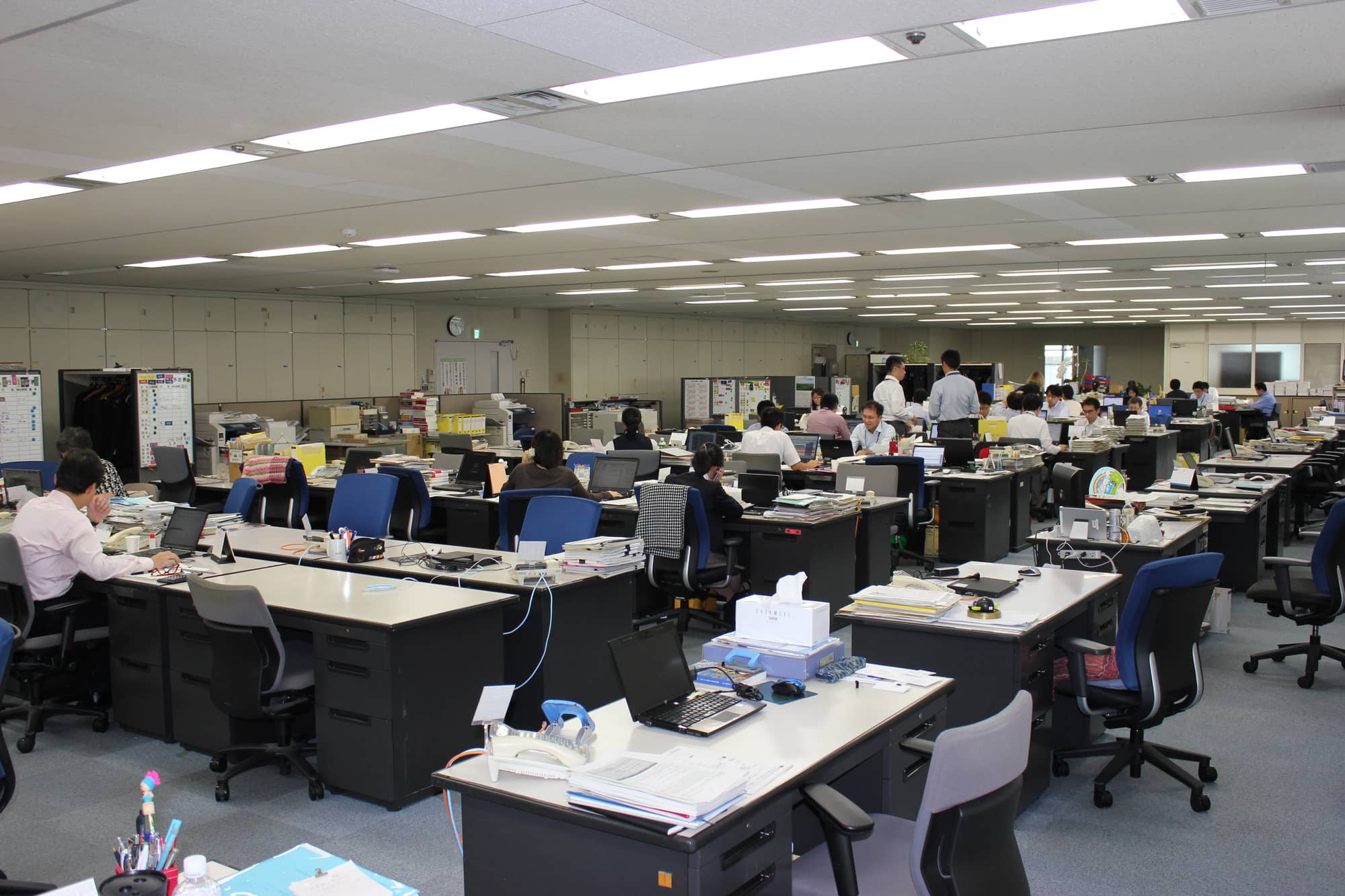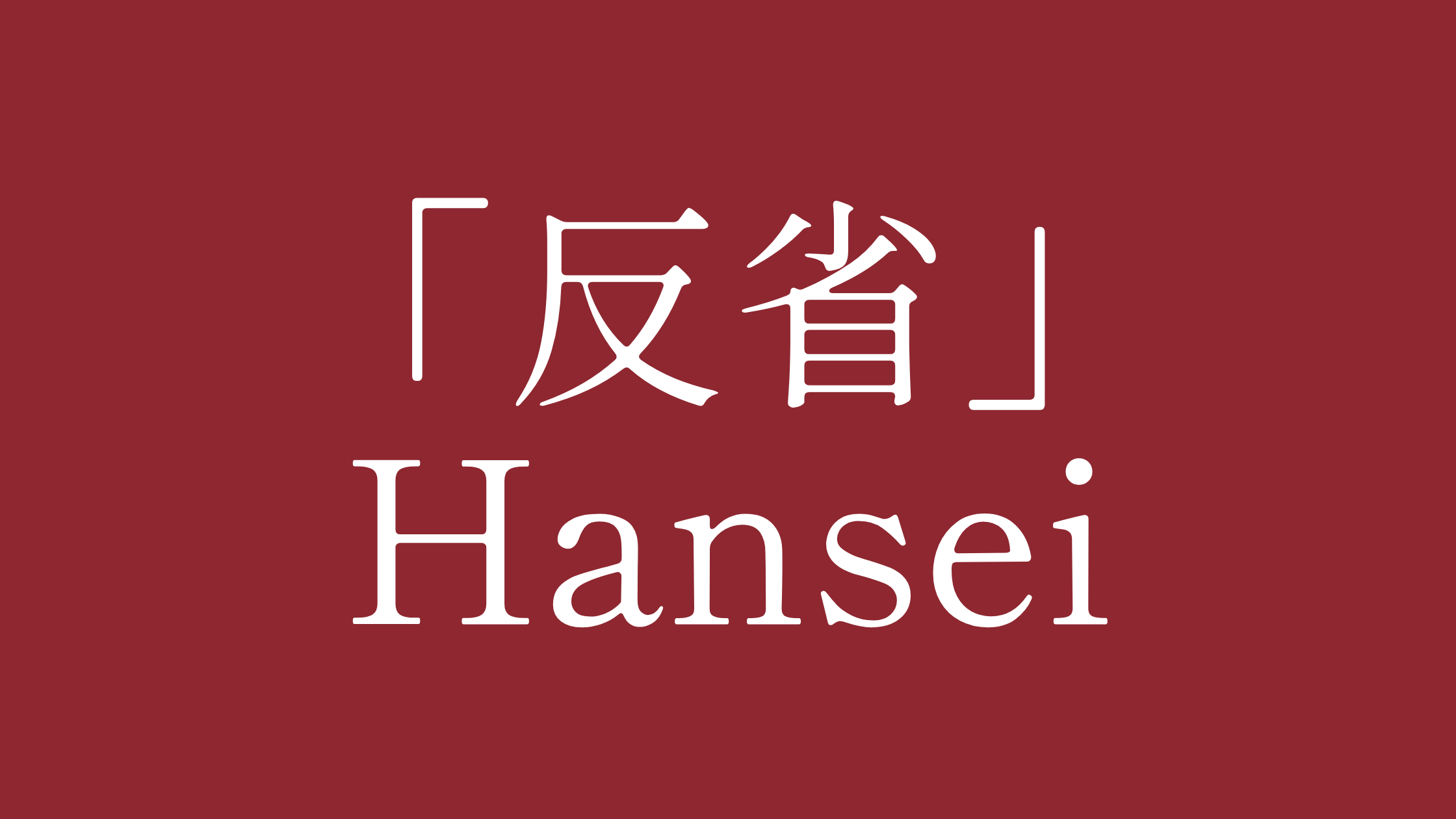
Even though Japan is among the richest and most developed countries, the work-life balance of its population may be in need of modernisation. The Japanese are hard workers, so much so that it, at times, affects their personal lives and health.
The Japanese are known for working a lot of overtime. In addition, the Japanese do not take enough time off because it is often frowned upon within one´s company and team. Traditionally, not working overly long hours appears as though someone is "abandoning their post", in other words their company and colleagues: This is is still considered very selfish in Japan.
This highly competitive work culture sometimes has dire consequences, with employees suddenly dying of heart failures, strokes, or in some cases suicide when the pressure becomes too much. The phenomenon is so common that the Japanese have even coined a term for it: 'karoshi' or 'death by overwork'.
Why do Japanese employees work so many hours every day?
The long working hours are usually not so much due to the actual amount of work, but because of all kinds of social customs and traditions. For example, it is not customary to go home if someone with a higher rank than you is still at the office working.
Because employees spend so much time at the office, there is not nearly enough time to rest. Sleep deprivation is therefore a common problem that they are trying to solve. One of them is the 'inemuri', or sleeping on the job. Workers nap at their desks, on the train, or sometimes even on the floor to get a bit of shut-eye.
And even if you have finished your work on time, you might not be able to go home yet because you still have to spend a majority of the evening with your department for the so-called 'nomikai', or drinking parties. During such nomikai, business information, confidential topics or even emotional thoughts can be shared much more easily than in the office. (This is called 'nomunication', nomu meaning to drink in Japanese, so communication through drinking.)
"Karoshi" or death by overwork
In 2020, 490 suicides were recognized as a result of overtime, although there are probably many more cases that have never been reported.
Japan: work related suicides by age 2020 | Statista
To improve the work-life balance of employees and to address the karoshi issue, the Japanese government has introduced a few initiatives and reforms:
- Companies that violate labor laws are put on a blacklist and become ‘black’ companies where no one will want to work.
- Creative campaigns are launched to stimulate workers to leave the office earlier. An example is ‘Premium Friday’, where people are encouraged to go shopping and relax on the last Friday of every month.
- Overtime hours will also no longer be left unpaid. To avoid additional additional costs, companies are more inclined to send their staff home earlier.
- Associations are founded by people who have lost a loved one to karoshi. They are suing companies in order to force change.
As we can see, change is happening. The impact of COVID-19 and the new emphasis on working from home in many companies will also help change the attitude of what constitutes “the perfect employee”. Read more about the changes in Japan
It is also important to stress that younger generations among the Japanese workers are increasingly stating that their private lives are their priority. This marks a major shift in Japanese attitudes towards more individualistic attitudes.
As overworked Japanese employees probably know all too well, changing the labor laws is not the same as changing the work ethic within the culture. It might take some time before we see some significant changes across the board but at least things seem to be moving in the right direction.
Noor D.B.





